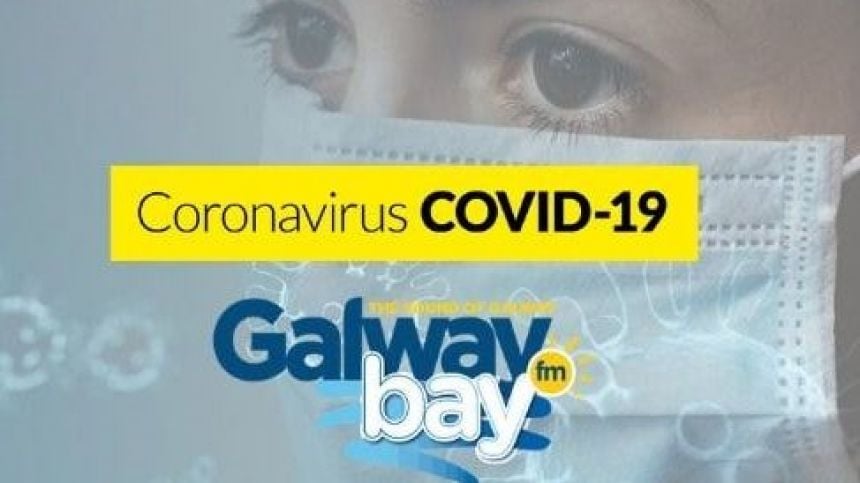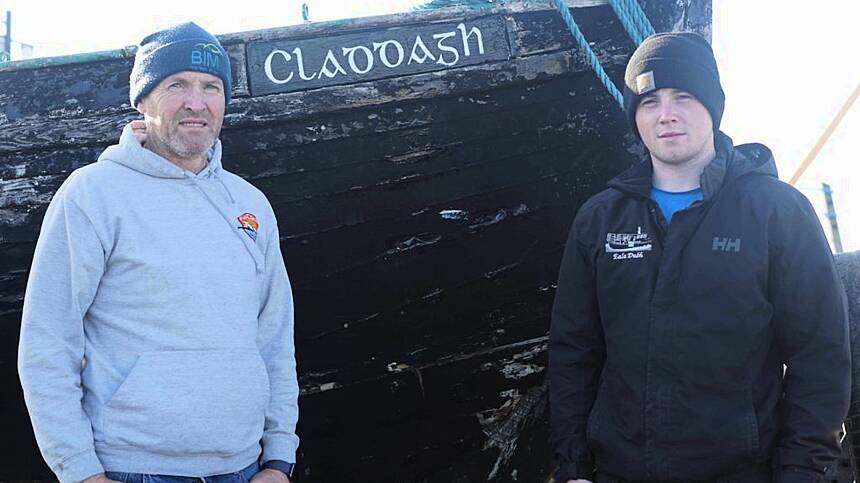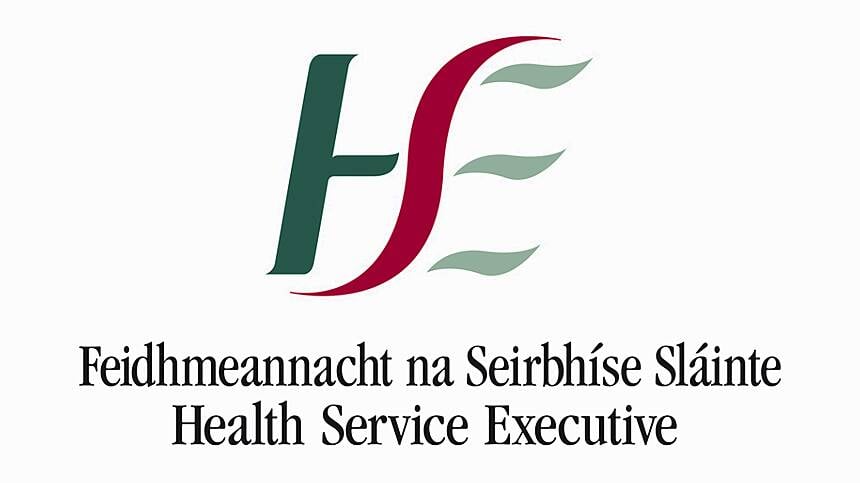Galway Bay fm newsroom - The Health Protection Surveillance Centre has today been informed that a total of 8 people with COVID-19 have died.
There have now been a total 1,703 COVID-19 related deaths in Ireland.
As of midnight Wednesday 10 June the HPSC has been notified of 8 confirmed cases of COVID-19. There is now a total of 25,238* confirmed cases of COVID-19 in Ireland.
The HSE is working to identify any contacts the patients may have had to provide them with information and advice to prevent further spread.
There is currently a total of 86 confirmed cases of COVID-19 in hospital. Of these, 28 cases are currently in ICU.
Today’s data from the HPSC, as of midnight, Tuesday 9 June (25,230 cases), reveals:
· 57% are female and 43% are male
· the median age of confirmed cases is 48 years
· 3,307 cases (13%) have been hospitalised
· Of those hospitalised, 412 cases have been admitted to ICU
· 8,114 cases are associated with healthcare workers
· Dublin has the highest number of cases at 12,167 (48% of all cases) followed by Cork with 1,532 cases (6%) and then Kildare with 1,426 cases (6%)
Of the 8 new cases confirmed today, a quarter of them are in Galway, bringing the total number of cases to date to 485.
Nationally, of those for whom transmission status is known: community transmission accounts for 38%, close contact accounts for 60%, travel abroad accounts for 2%
The National Public Health Emergency Team will met today (Thursday 11 June) to continue its review of Ireland’s response and preparedness to COVID-19.
Dr. Tony Holohan, Chief Medical Officer, Department of Health, said; “NPHET has recommended the development and implementation of a national communications campaign to increase compliance with current recommendations on the use of face-coverings. The campaign will outline best practice for use of face coverings in retail outlets, on public transport and in other public locations, where it may be difficult to maintain social distancing.”
Professor Philip Nolan, Chair of the NPHET Irish Epidemiological Modelling Advisory Group, said; “The reproductive number has remained stable, between 0.4 – 0.8 over a number of weeks. The next two weeks are now critical in limiting transmission, keeping the r-number low and suppressing the virus. It is how we interact, as we go about our daily lives more freely, that will determine whether the r-number increases.”
Updated Public Health Advice is available at gov.ie/health







